Cautious business leaders afraid to speak out on China: think tank China Matters
Over-cautious business leaders are failing to push the benefits of ties with China for fear of being ‘slapped down’, a new report says.
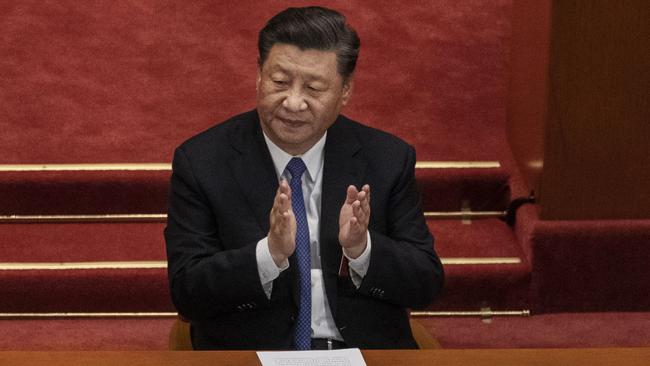
Business leaders with an interest in China are now too afraid to speak out about their concerns over the state of the relationship with Australia because of the “rising tide of hostility toward China”, according to a new report by think tank China Matters.
In a briefing for journalists, China Matters chief executive Michael Clifton said business leaders were not speaking out about their concerns about ties with Australia’s largest trading partner for fear of being “slapped down” in the current “toxic climate” of debate in Australia over ties with China.
He said there were rising concerns in the business community that the debate over Australia’s relationship with China in the Morrison government was being dominated by defence and security services and conservative think tanks like the Australian Strategic Policy Institute (ASPI).
The report, released on Wednesday, calls for the establishment of a China business lobby of four to six business leaders, including representatives from the Business Council of Australia and the Australia China Business Council, which is able to speak out more freely about the importance of the relationship with China.
It also calls on the federal government to establish an independent China advisory council, which could include leading business people, former diplomats, academics and others with a China expertise to advise the Prime Minister on ties with China.
It further calls for the resumption of annual meetings between business leaders from China and Australia, which can be held in conjunction with or independently of any meetings of political leaders from both sides.
“Australian business leaders have been overly cautious in their response to the crisis in Australia’s relationship with China,” the report says.
“Amidst a rising tide of hostility towards China, they are largely silent, or their words are being drowned out by louder voices.
“Australian business knows it will suffer if there is a long term freeze in the relationship with China.
“But unless it speaks more assertively about the benefits of Australia-China trade, this will be the outcome.”
The report comes as key Australian ministers in defence and foreign affairs are in Washington for the annual AUSMIN meeting, with increasing speculation about how far the Morrison government will be drawn into supporting US Naval exercises in the South China Sea.
The report by China Matters, whose financial supporters include Rio Tinto, Australia Post, PwC, Aurizon, the Star Entertainment Group, Genesis Care and the Australian National University, acknowledges that the “wolf warrior” diplomacy by the administration of Xi Jinping “makes it challenging for even the most moderate of Australian voices to call for sensible engagement” with China given issues in Hong Kong, Xinjiang and the South China Sea.
“The PRC maybe a diplomatic challenge,” it says, but it warns that “Australian business can ill afford to stand and leave others to shape a new, more hostile approach to dealing with our most critical trade and investment partner.”
The report comes amid increasing concern in the business community and other sectors including agriculture, about the impact of strained relations with China with concerns that there could be further reflationary action coming from China on trade issues.
China recently announced new tariffs on imports of Australian barley and singled out four Australian meat processing plants for a temporary export shut down.
The last visit to Australia by a Chinese leader was in early 2017 when Chinese premier Li Keqiang visited.
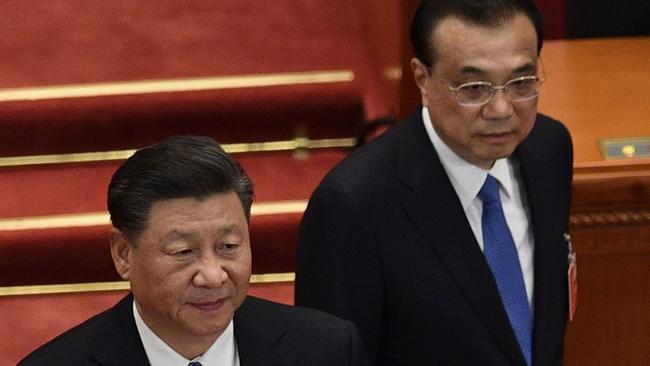
In an interview with journalists, Mr Clifton said it needed to be acknowledged that there was a problem in the relationship with China which business needed to be able to speak about more freely without being criticised.
“What I am looking for is some recognition that we have a problem here,” Mr Clifton said.
Mr Clifton said while there were concerns about developments in China, it was important to develop back channels of communication between Australia and China to keep the relationship open.
“We need to encourage and give business leaders a licence to speak up without being slapped down,” he said.
He said it was important that there be an annual meeting of Australia-China business leaders to help improve business ties.
The meetings were tied in the past to annual meetings of leaders in each others’ countries which have not taken place since early 2017.
“At the moment there is no dialogue,” Mr Clifton said.
He said Australia was in the “diplomatic deep freeze” in terms of its relationship with China.
“But it doesn’t mean we should not keep trying. We should not be making approaches.
“It’s a toxic climate.”
But he said it was important to “try and prevent political tensions spilling over into the economic area.
“China makes it very hard, but it doesn’t mean we should give up.
“We should have a balanced debate,” Mr Clifton said.
“At the moment, the debate is skewed far too much to the defence and security view of the relationship and not enough on the trade and investment side of the ledger.
“The description that some people use is that the relationship has been ‘securitised’ in Canberra, that the defence and security agencies have the dominant hand in the actions and policy setting of government,” he said.
“At the moment, unless business is prepared to be more assertive, those security services will continue to shape the relationship.”


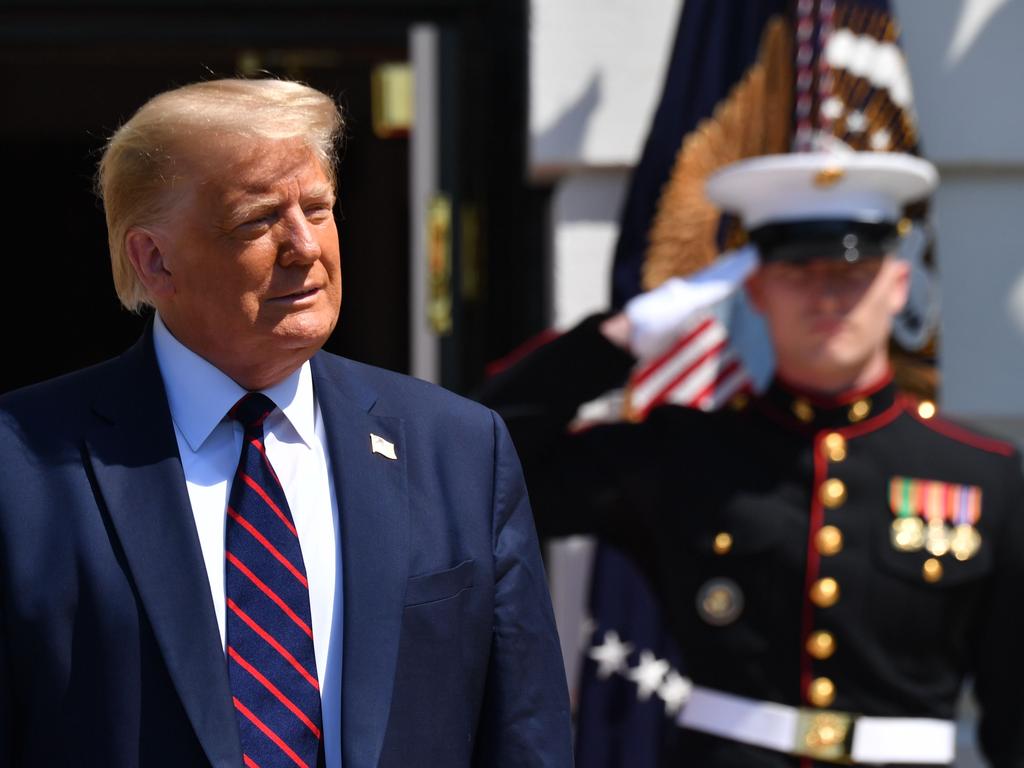
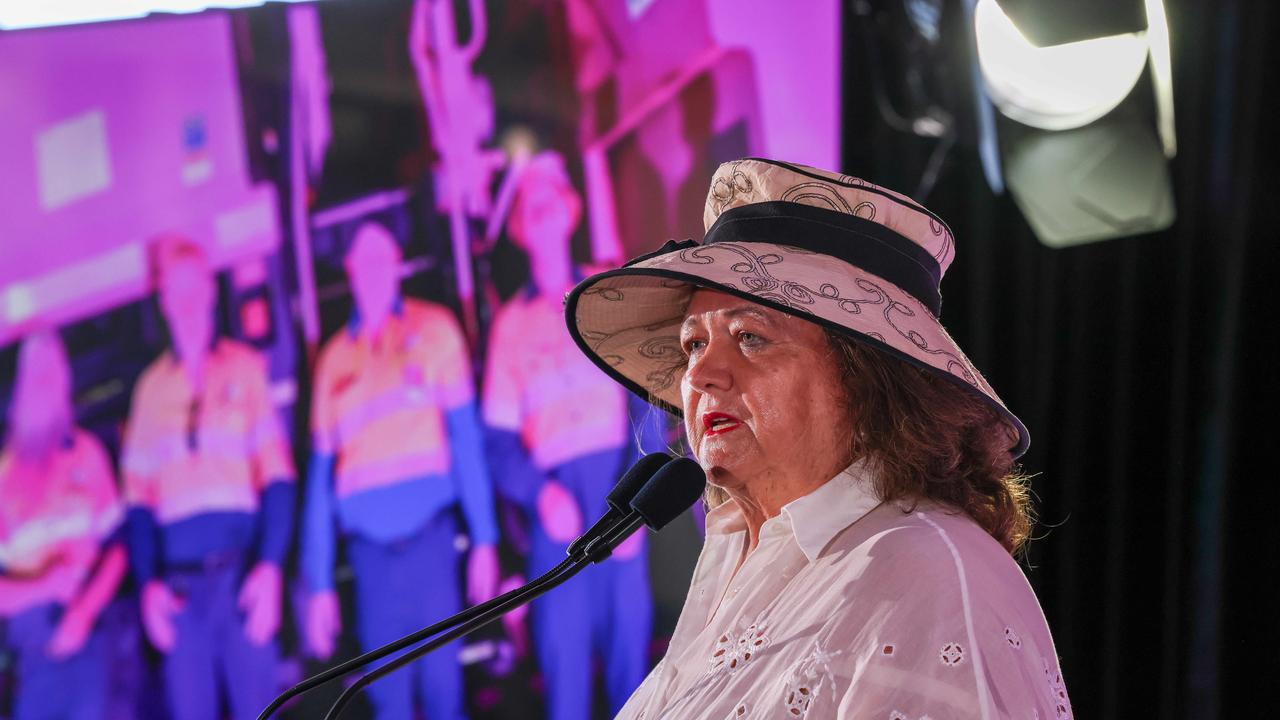
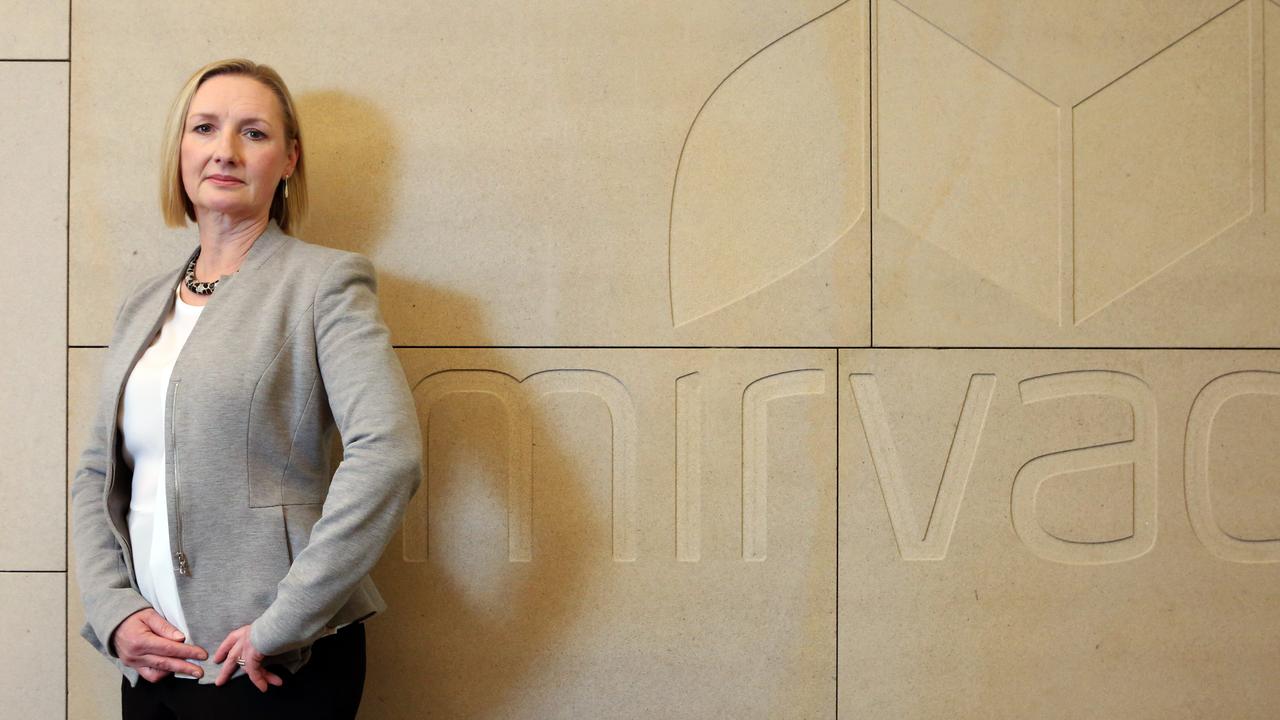
To join the conversation, please log in. Don't have an account? Register
Join the conversation, you are commenting as Logout